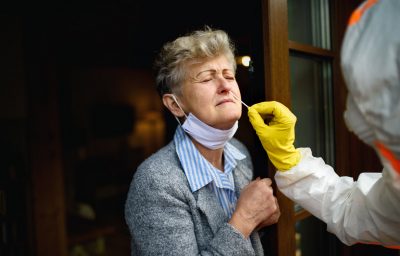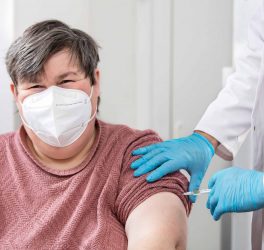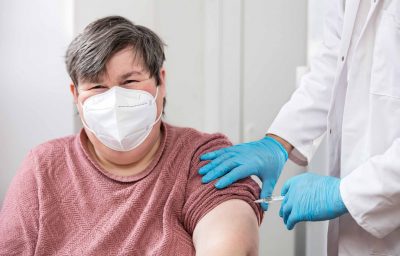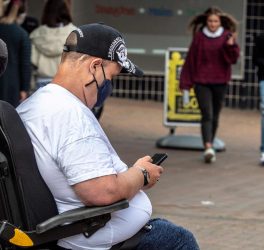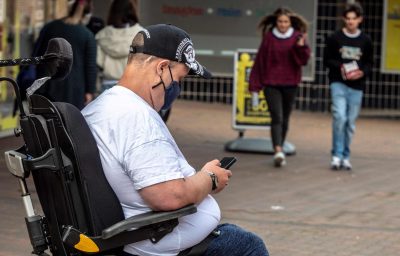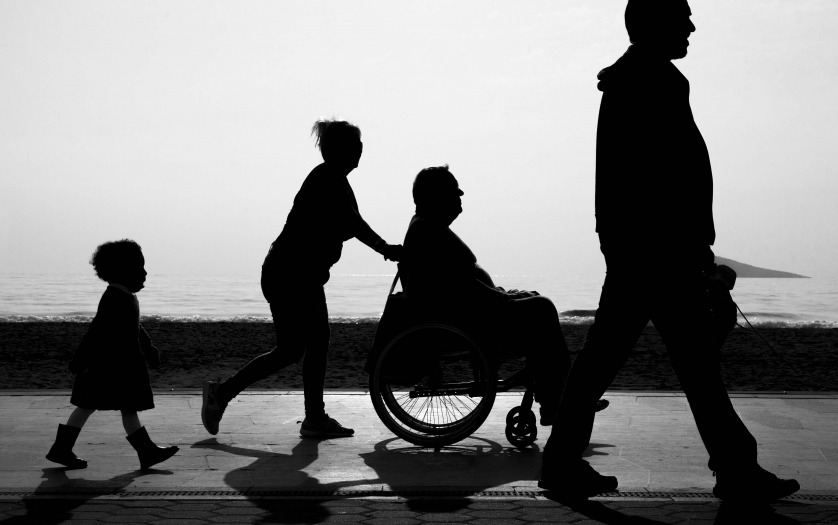
The Office of the High Commissioner for Human Rights (OHCHR) lauded the treaty body in the first online session, which, despite significant challenges posed by the virus, have done “extraordinary work” to implement their mandate.
Speaking on behalf of the Secretary-General and the UN human rights chief, he commended their work in focusing on the rights of persons with disabilities in the context of COVID-19.
Mr. Salama updated the meeting that the mandates of the Special Rapporteur on the rights of persons with disabilities and on the Elimination of discrimination against persons affected by leprosy, had been extended for a period of three years.
Moreover, nine UN entities had been working collaboratively to support disability inclusiveness on COVID-19 response and recovery at the national level.
The OHCHR representative also informed the committee that the 2020 review of the treaty body system was launched on 2 June, where UN High Commissioner Michele Bachelet highlighted the need for “better digital tools” to strengthen treaty bodies’ accessibility, including for persons with disabilities, said Mr. Salama.
According to the OHCHR representative, Ms. Bachelet maintained that the pandemic “presented an opportunity to rethink and expand working methods to have more impact and visibility on the ground”, while also “addressing the need for language interpretation and other technical challenges of working online”.
The Treaties Branch head informed that during a virtual meeting at the end of July, the Chairs stressed that “in this time of unprecedented global crisis, the need to uphold human rights is greater than ever”.
They called on States and the Secretary-General to “fully support the work of human rights treaty bodies and to enable them to exercise their mandates to the maximum extent possible in the coming months”, stated Mr. Salama.


